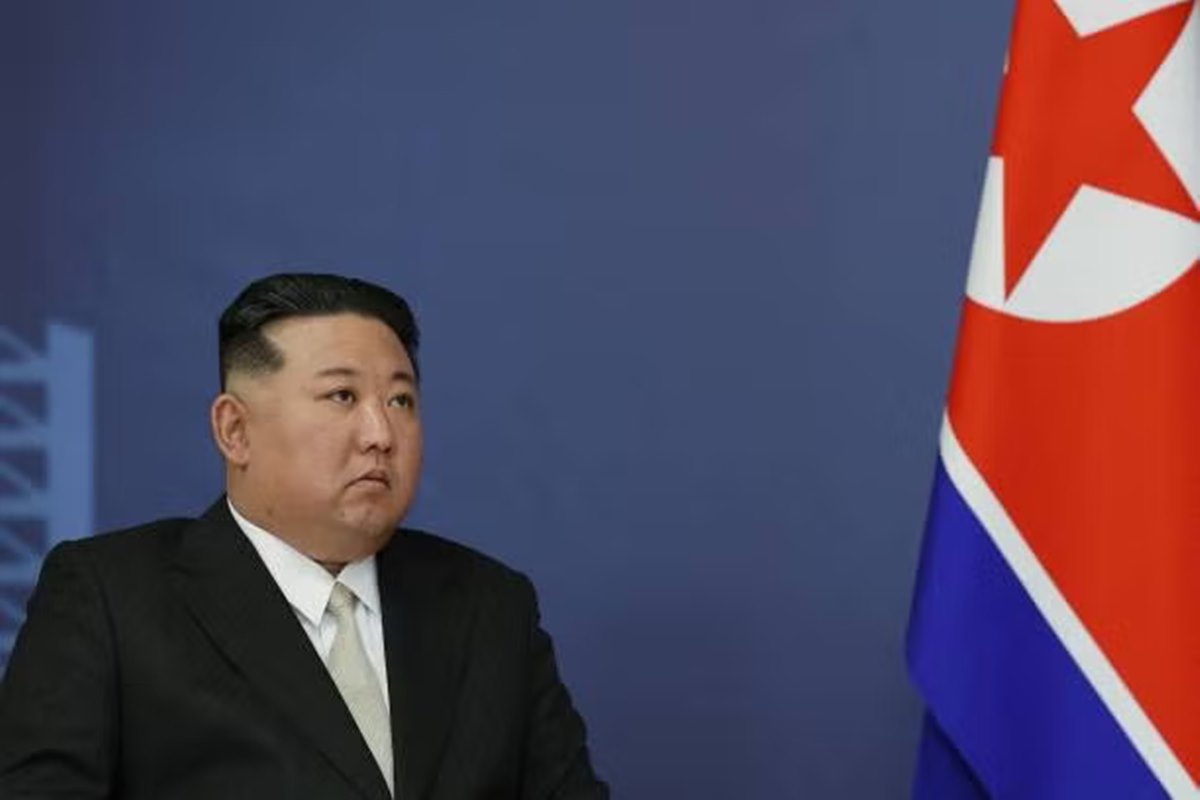Europe’s Defence
Revelations about the state of Europe’s defences are a stark reminder of the urgent need for a robust and united approach to security within NATO.
North Korea achieves breakthrough in solid-fuel missile technology, raising global concerns amid deepening military collaboration with Russia.

North Korea planning to launch 3 more military spy satellites next year
State media reported on Wednesday that North Korea has successfully carried out ground tests on a “new type” of solid-fuel engine designed for its prohibited intermediate-range ballistic missiles. This announcement coincided with the disclosure that a Russian delegation, headed by Moscow’s natural resources minister, Alexander Kozlov, was engaged in talks with Pyongyang, focusing on cooperation in trade, economy, science, and technology.
The increasing military collaboration between North Korea and Russia has raised concerns among Ukraine and its allies, particularly in the wake of a summit between North Korean leader Kim Jong Un and Russian President Vladimir Putin in September.
According to the official Korean Central News Agency, North Korea has made significant strides in developing new high-thrust solid-fuel engines for intermediate ballistic missiles. The country successfully conducted ground jet tests of the first-stage engine on November 11 and the second-stage engine on November 14, marking a noteworthy achievement in its military modernization campaign.
Advertisement
Solid-fuel missiles are known for their operational ease and safety compared to liquid-fuel weapons. They eliminate the need for pre-launch fueling, making them more elusive and quicker to deploy, posing challenges to potential adversaries.
Kim Jong Un’s pursuit of testing a technologically advanced solid-fuel missile aligns with his military modernization goals, as outlined in his New Year report. In April, North Korea claimed the successful testing of its first solid-fuel intercontinental ballistic missile, signaling a breakthrough in its nuclear counterattack capabilities.
The Korean Central News Agency emphasized that these recent engine tests “provided a sure guarantee for reliably accelerating the development of the new-type IRBM system,” crucial in the context of the country’s perceived grave and unstable security environment.
The longstanding alliance between Russia and North Korea, both under international sanctions, raises geopolitical concerns. South Korea alleges that North Korea is exchanging arms for Russian space technology to launch a military spy satellite into orbit.
Advertisement